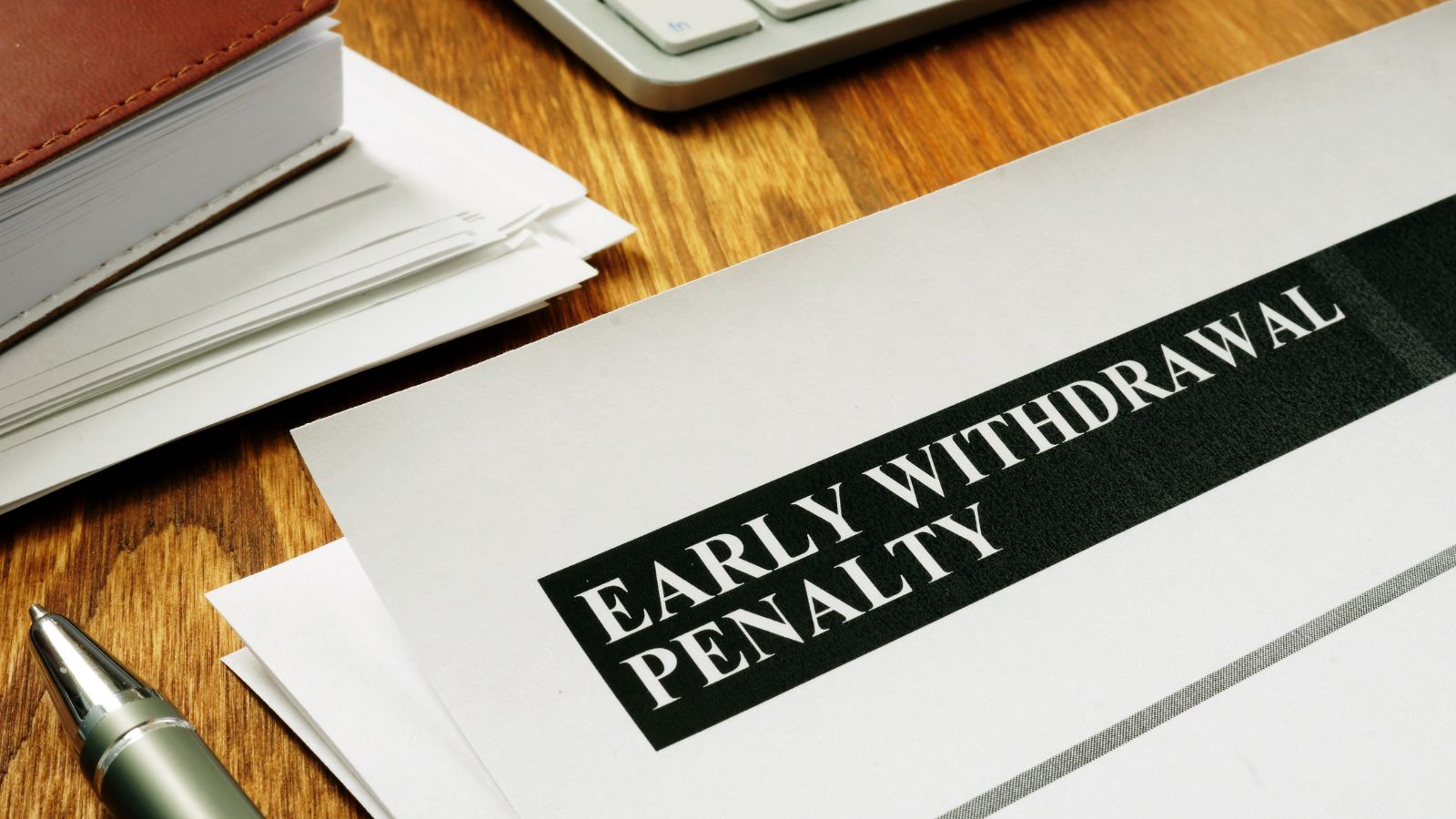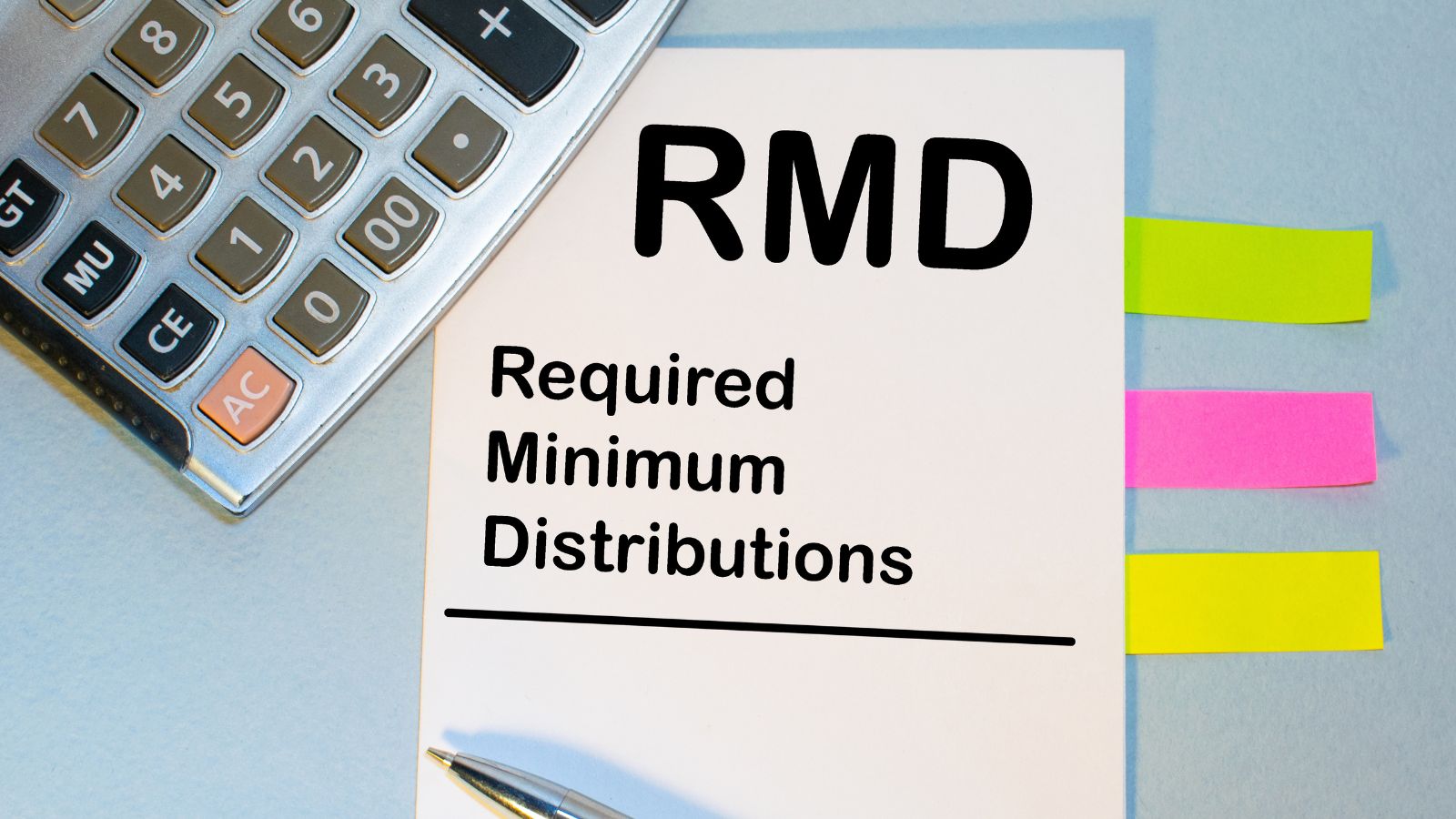Planning for retirement is one of the most important financial decisions you’ll make, but it can be overwhelming. While those preparing for retirement have the best intentions, certain factors can impact your dreams of a financially secure retirement. We look at 18 hidden financial pitfalls that could impact your retirement plans:
Underestimating Healthcare Costs

Healthcare expenses can dramatically increase as you age. Many retirees don’t fully account for the rising costs of medical care, prescriptions and long-term care, which can quickly erode retirement savings. To avoid surprise healthcare costs, consider purchasing long-term care insurance and saving specifically for medical expenses, especially if you have a specific condition.
Not Accounting for Inflation

Inflation reduces the purchasing power of your savings over time, meaning that what you set aside today may not cover future costs. Failing to account for inflation can cause a significant shortfall in your retirement income. To combat inflation costs you should look to invest in assets that outpace it, such as stocks or inflation-protected securities.
Relying on Social Security

Social Security is designed to supplement retirement income, not fully support it. Depending too much on Social Security can lead to an income gap. To ensure financial stability, additional retirement income streams, such as personal savings, investments or pensions are often necessary.
Early Withdrawal Penalties

Withdrawing funds from your retirement accounts before age 59 ½ can result in hefty penalties and taxes. These early withdrawals not only diminish your savings but can also reduce the future growth of your nest egg. It’s important to build an emergency fund separate from your retirement accounts to avoid dipping into them early.
Underestimating Longevity

People are living longer, which means you may need to fund a retirement that lasts 20 or 30 years. If your retirement savings are not structured to last that long, you could outlive your money. Consider strategies like annuities or systematic withdrawals to ensure lifelong income.
Ignoring Required Minimum Distributions (RMDs)

Once you turn 73, the IRS requires you to start taking minimum distributions from certain retirement accounts, such as a 401(k) or traditional IRA. Failing to take RMDs on time can lead to stiff penalties. Make sure you plan for these distributions to avoid unnecessary tax hits.
High Investment Fees

Hidden fees in your investments, such as mutual funds or managed accounts, can slowly eat away at your returns. Over time, even small fees can significantly reduce your retirement savings. Pay close attention to the fees in your investment portfolios and consider switching to low-cost index funds or ETFs to keep more of your earnings.
Misjudging Housing Costs

Housing costs, including maintenance, property taxes and utilities, can take up a larger portion of your retirement income than expected. Downsizing or relocating to a lower-cost area can help reduce these expenses and free up more money for other needs.
Overestimating Investment Returns

Many people make overly optimistic assumptions about their investment returns, which can lead to a shortfall later in life. It’s important to plan conservatively, assuming a lower average return on investments and adjusting your savings goals accordingly.
Existing Debt

Debt can be a major burden in retirement, especially for retirees who are on a set income. High-interest debts, like credit cards or personal loans, can quickly deplete your retirement savings. Pay off as much debt as possible before retiring to ease the financial strain later.
Not Planning for Taxes

Taxes don’t go away in retirement. Withdrawals from traditional retirement accounts like 401(k)s and IRAs are taxed as ordinary income and failing to plan for these taxes can leave you with less spending money than expected. Consider a tax-efficient withdrawal strategy to minimize your tax burden.
Unexpected Family Financial Support

Many retirees end up financially supporting their adult children or other family members, which can quickly erode their retirement savings. It’s important to set boundaries and budget carefully to ensure that helping loved ones doesn’t compromise your own financial security.
Failing to Adjust Your Spending Habits

Many retirees don’t adjust their spending habits to match their new fixed income, which can lead to financial stress. Without a clear budget or spending plan, it’s easy to overspend and reduce your savings faster than anticipated, which is why people should set a realistic budget and stick to it.
Neglecting Estate Planning

Without a clear estate plan, your assets could be tied up in legal processes and your heirs may face higher taxes. Estate planning tools like wills, trusts and beneficiary designations ensure your wealth is distributed according to your wishes and helps avoid unnecessary costs.
Not Maximizing Retirement Account Contributions

Failing to take full advantage of retirement accounts like 401(k)s and IRAs can limit your future savings potential. Contributing the maximum allowable amount each year, especially if your employer offers a matching contribution, is a critical step toward a well-funded retirement.
Overlooking Spousal Benefits

If you’re married, it’s important to consider how decisions around pensions, Social Security, and retirement account withdrawals will affect your spouse. Mismanaging spousal benefits can leave your partner without adequate income after your passing. Be sure to plan together and understand all available spousal benefits.
Underestimating Travel and Leisure Costs

Many retirees dream of traveling or pursuing hobbies during their retirement years. However, these leisure activities can quickly add up, especially if they weren’t accounted for in your retirement budget. Plan ahead for the lifestyle you envision and make sure your savings can support it.
Procrastinating on Retirement Planning

Perhaps the biggest pitfall of all is waiting too long to start planning. The earlier you begin saving and investing for retirement, the more time your money has to grow. Procrastination can lead to insufficient savings, forcing you to either delay retirement or significantly cut back on your lifestyle.
18 Reasons Why People Are Leaving Florida in Masses

Exploring factors that impact the desirability of living in Florida, this list delves into various challenges shaping residents’ experiences. From environmental concerns like rising sea levels to economic factors such as fluctuating job markets, these issues collectively contribute to a nuanced understanding of the state’s appeal.
18 Reasons Why People Are Leaving Florida in Masses
